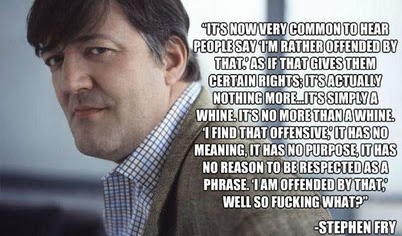To give some background, Hannah Graham is an 18-year-old University of Virginia student who’s been missing for some time. The police have a suspect:
Charlottesville police named 32-year-old Jesse Matthew a suspect in the disappearance, and he was detained in Texas on Wednesday after he also disappeared for a short time. So far, he has refused to talk with investigators about what he might know about Graham, whom he was seen with the night she disappeared. Police have released little else about what led them to name him as their prime suspect. (NBC News)
It’s horrible story. I will never be a parent, but I have loved ones and have lost loved ones. I can’t imagine the pain the parents must be going through.
Hannah Graham’s parents addressed the public for the first time Sunday when they appeared at a news conference to ask for information about their missing daughter. John Graham spoke lovingly of his 18-year-old daughter. His wife Sue stood by his side.
John Graham asked anyone who had information into the whereabouts of Hannah Graham daughter, a second-year University of Virginia student, to come forward.
“This is every parent’s worst nightmare,” John Graham said. “We need to find out what happened to Hannah to make sure it doesn’t happen to anyone else.” (Wtvr)
My sympathies go out to these unfortunate people. I would say, “no doubt we all feel this way”, except someone called Debbie Schlussel is being a totally awesome human being about this entire situation. It’s hard to read this. But here we go. [Read more…]


